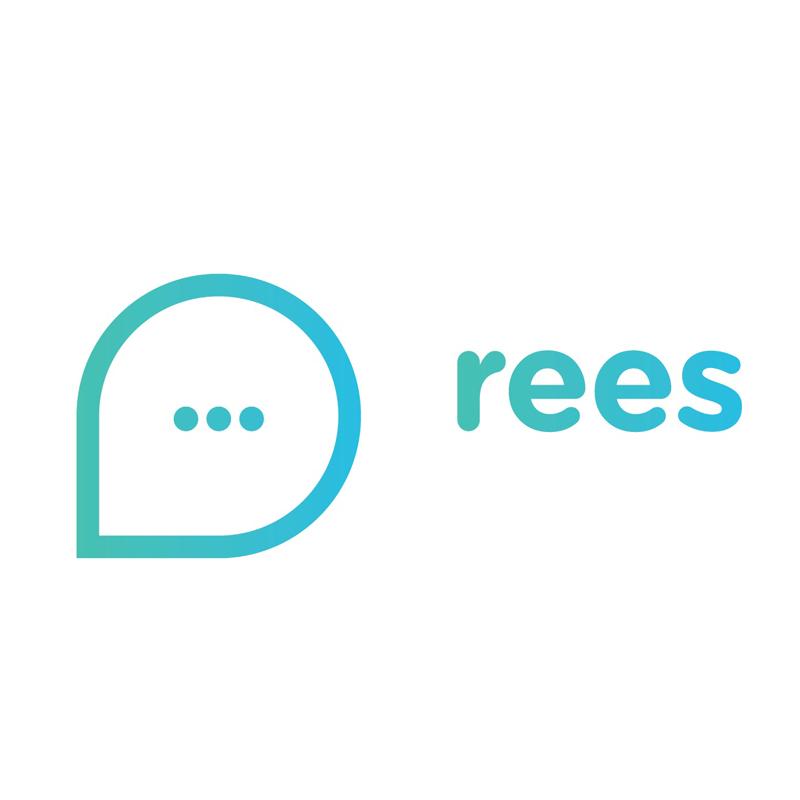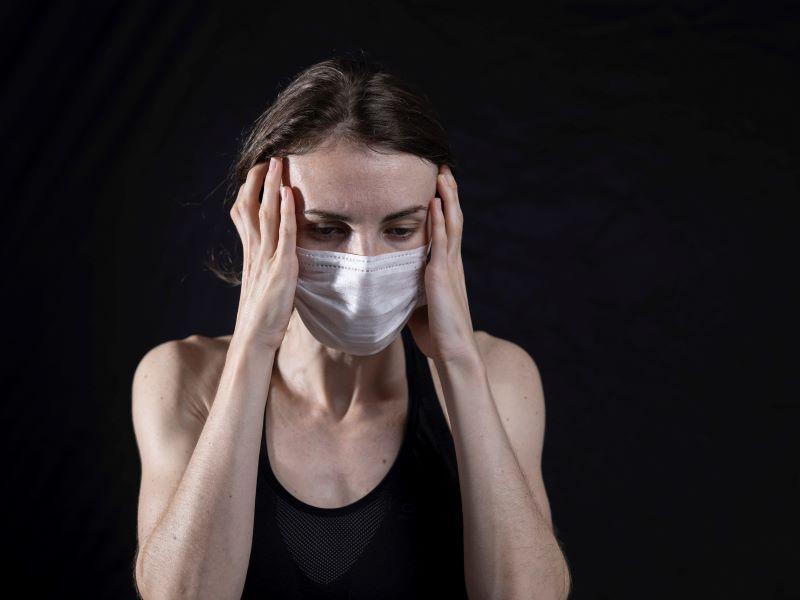
Using data to identify and prevent sexual violence on campus
Universities can use technology and data analysis to reduce barriers to reporting sexual violence and maximise accountability on campus

Campus-based sexual violence is a prevalent but underreported problem that universities must prioritise. By combining data analysis with a trauma-informed approach, universities can improve reporting rates and tailor their responses to best support survivors, said Mary Lobson, founder and CEO of REES Technologies, at a session held during the 2023 THE World Academic Summit.
The online platform REES – which stands for Respect, Educate, Empower, Survivors – aims to reduce barriers to reporting campus sexual violence by increasing the pathways to coming forward. Students and staff generally lack the information about where they should go to report sexual violence, Lobson said.
REES works with institutions to enhance their reporting methods. In-person reporting is an important option, but some people might not feel comfortable speaking face to face, she said. Reporting on the institution’s website often requires a login or email address, which can be a barrier. “When we talked to students, we heard a lot about institutional trust and institutional betrayal,” Lobson said. Students are aware that their online activity could be tracked and perceive their institution’s online spaces as not truly anonymous. Emailing a report can also be a concern due to the potential for re-traumatisation and data security fears.
Single-use reporting forms are “a step in the right direction”, Lobson said. But rather than having to complete multiple reports, a trauma-informed approach offers centralised reporting and the option to save and edit reports. The ability to return to a form and edit it reduces the need for repeated disclosures and allows for trauma memory to return over time. Security is also paramount, so records are encrypted and password protected, and the data belongs to the user until they submit it.
Anonymous reporting can be a stepping stone to a person coming forward. But Lobson regularly sees high numbers of anonymous reporting, with universities feeling unable to meet the needs of these unknown people. The REES Message Centre was developed in response to this problem, and allows the anonymous reporter to communicate with the institution, which will offer support and access to resources.
Sexual violence policies, processes and investigation procedures must be readily available and accessible, Lobson said. By monitoring clicks on resources, institutions can tailor a frequently asked questions section to provide the most relevant and useful information.
A top-down approach to messaging surrounding sexual violence is important, Lobson said. She urges university leaders to make a statement on their institution’s sexual violence policy and the support it provides. A highly visible marketing campaign is also key to making sure everyone knows the reporting options available to them.
Reporting data is used to identify the prevalence and patterns of campus sexual violence. As an extension, REES’ repeat perpetrator identification feature identifies people on campus who pose a risk, Lobson said.
Data from the University of Sydney’s annual report on sexual misconduct showed that people of colour, members of the LGBTQIA+ community and people with a disability are more vulnerable to sexual violence. Joanne Wright, deputy vice-chancellor of education at the University of Sydney, suspects there is underreporting among these groups and said the university will work harder to share awareness of their reporting mechanisms and try to increase trust.
Wright said the University of Sydney’s programmes are co-designed with students and victim-survivors to ensure reporting forms are trauma-informed.
The panel:
- Mary Lobson, founder and CEO, REES Technologies
- Joanne Wright, deputy vice-chancellor of education, University of Sydney
Find out more about REES Technologies.

